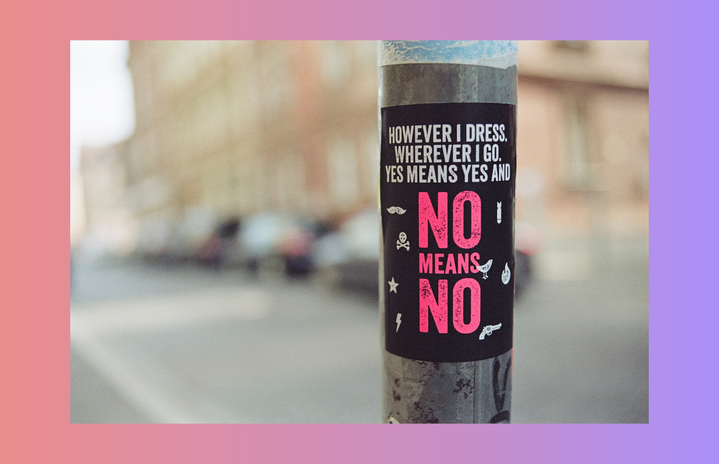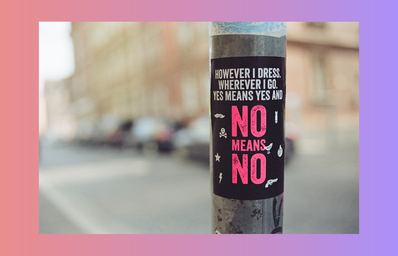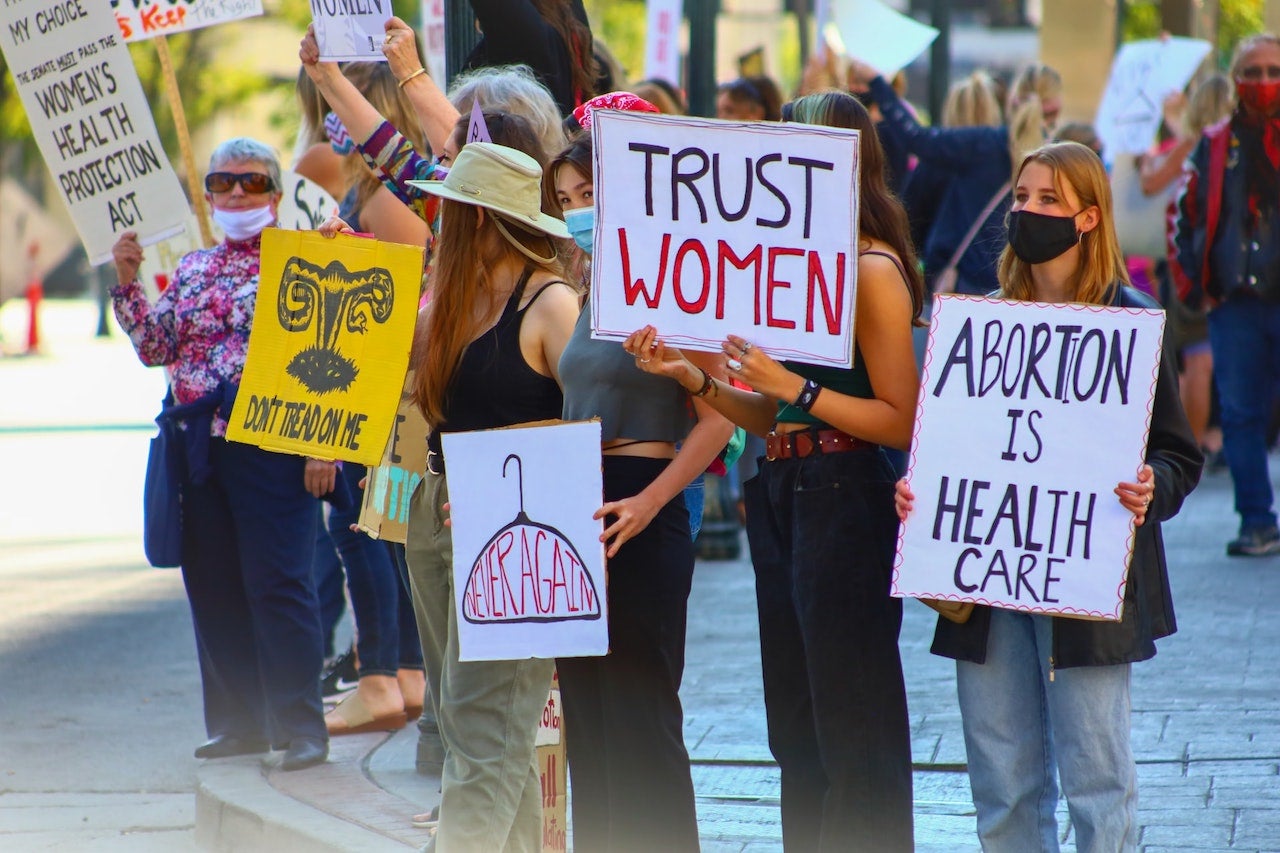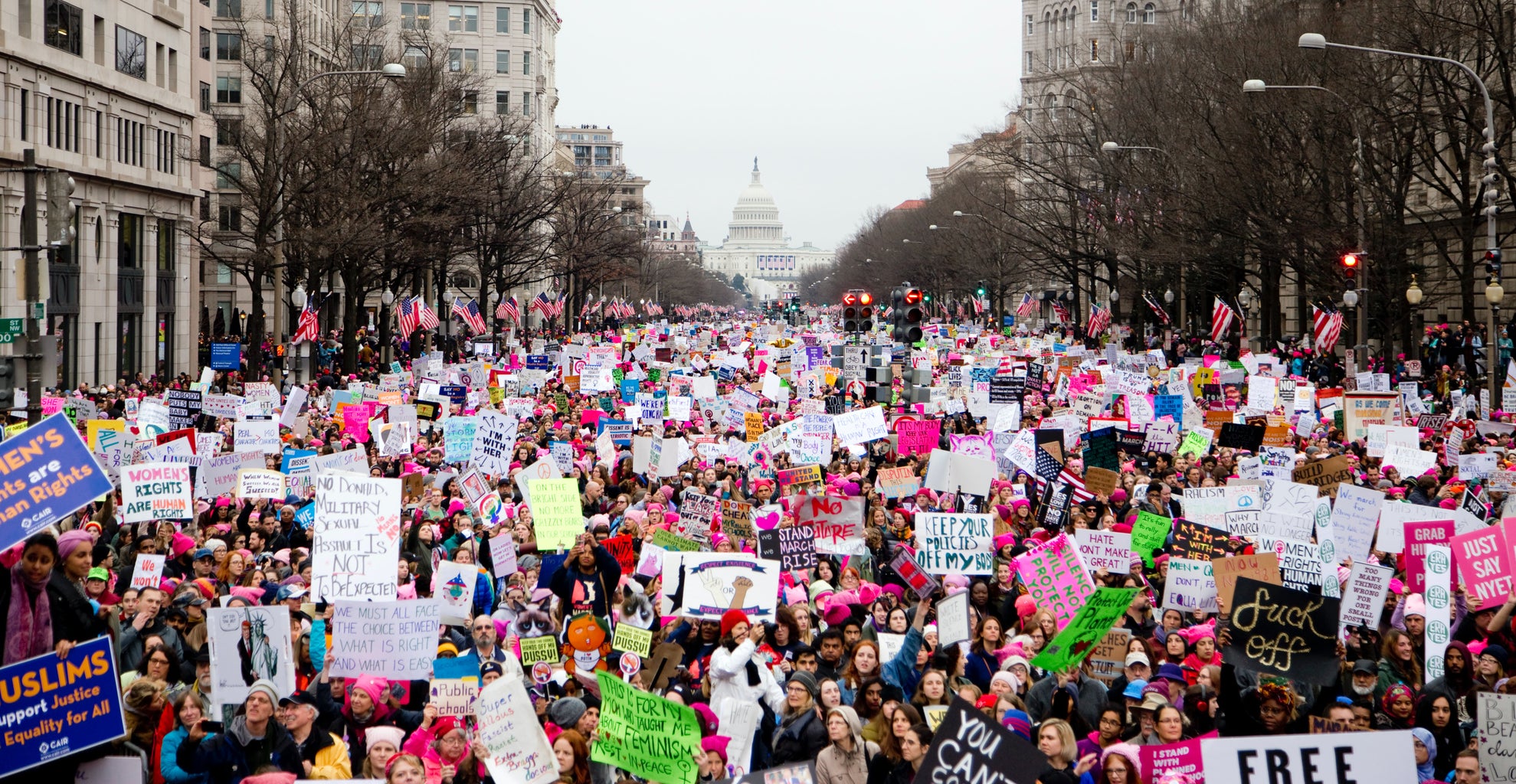This article has mentions of sexual harassment, stalking, rape, and abuse.
In the summer of 2024, pop music’s newest household name, Chappell Roan, came under controversy for statements she posted to social media in which she condemned “creepy” fans. In videos posted to her TikTok account, Roan unapologetically and sternly expressed her discomfort at the actions of fans who have harassed her on the street (for pictures, hugs, etc.), stalked her family, and in one instance even followed her back to her hotel in New York.
The situation has since been further exacerbated. At the 2024 VMAs a male photographer screamed at her to, “Shut the f*ck up,” to which she responded by yelling the same phrase. While many who have seen these events unfold and followed Roan’s statements online have supported the artist in her statements, there are many who have deemed her rude, entitled, and even self-righteous because of them.
Upon witnessing this discourse unfold, I have been taken aback not only by the amount of people denouncing Roan, but also the vehemence with which they attack, discredit, and blame her for the situation. It feels reminiscent of the shame-mongering that comes with rape culture, that many of us know too well.
“Rape culture” is defined by the Oxford English dictionary as “a society or environment whose prevailing social attitudes have the effect of normalizing or trivializing sexual assault and abuse.” I believe that a common misconception about this term and its meaning is that it solely refers to the act of rape alone. Rather, it includes various forms of violence and sexual assault/harrassment. Rape culture fosters an environment in which other forms of sexual assault and harrassment are viewed in a softer light, even excused, leaving room for sexual violence to become normalized. Many experience this by being groped, catcalled, assaulted, followed, hit-on by a supervisor, etc.
While these other forms of violence may be viewed as mostly harmless or even normal, they can often serve as precursors to rape and homicide. For example, there is a strong link between stalking and intimate partner violence; according to the Stalking Prevention Awareness and Resource Center (SPARC), “85% of attempted and 76% of completed homicide victims were stalked” and “46% of attempted and 54% of completed homicide victims reported stalking before the attack, most commonly to police.” Stalking, verbal harassment, and catcalling are all experiences borne of rape culture. They are normalized, expected, and tolerated occurrences; and this culture shames those who choose to speak out against them.
In my opinion, Chappell Roan’s situation has proven to be a perfect example of how rape culture is alive and thriving in our society, specifically in the way we talk about women. How is Roan speaking publicly about her right to privacy, personal space, and respect wrong? Many have taken on the attitude of victim blaming, claiming that she shouldn’t complain when she knew the implications of fame, and knew what she was getting into. In essence, many have said that “she asked for it.” A textbook example of rape culture where the occurrences of female artists being stalked, harassed, and threatened are so normalized and tolerated that any who say otherwise are deemed problematic. Does this mean that these women deserve to be victimized because of their fame? That they are less in need of protection than those who did not “ask for it”?
More than just the expectation for women to silently tolerate this harassment, popular media paints famous women as entitled and rude for fighting back. Back to The 2024 VMA’s example, all were outraged at her blatant disrespect, but no one stopped to ask why the photographer had screamed that at her in the first place. The expectation was for her to silently take the verbal abuse with a smile and to participate in a culture of normalizing this manner of speaking towards women. How did it ever become expected and normal for us to be treated this way? Rape culture, by design, masterfully victim blames anyone who speaks out against abuse and vouches for their right to privacy and respect. Furthermore, rape culture strips us of our right to have normal, human reactions to the harassment and violence we experience.In Roan’s case, having a genuine reaction to someone yelling profanities at her, was turned into a front page story about a egotistical popstar on a power trip. Speaking about the incident to Entertainment Tonight on the same red carpet, Roan said: “This is quite overwhelming and quite scary…I think for someone who gets a lot of anxiety around people yelling at you…the carpet is horrifying, and I yelled back. You don’t get to yell at me like that.”
One of the most sinister and dangerous aspects of rape culture is how it quietly influences younger generations, continuing and evolving a cycle of abuse, fear, and inequality. In the case of celebrities, many young people look at them and observe how they are treated by the world.When young girls grow up watching famous and non-famous women alike be harassed, ridiculed, and harmed in various ways they learn to expect that abuse for themselves and learn the rules of rape culture as a form of self-preservation. The public shaming of Chappell Roan serves as one example of how rape culture lives on in our world today, and the importance of recognizing and removing it from our own attitudes and values.
SEXUAL ASSAULT: If you or someone you know has been sexually assaulted, you can call the National Sexual Assault Telephone Hotline at 800-656-HOPE (4673) or visit hotline.rainn.org.



